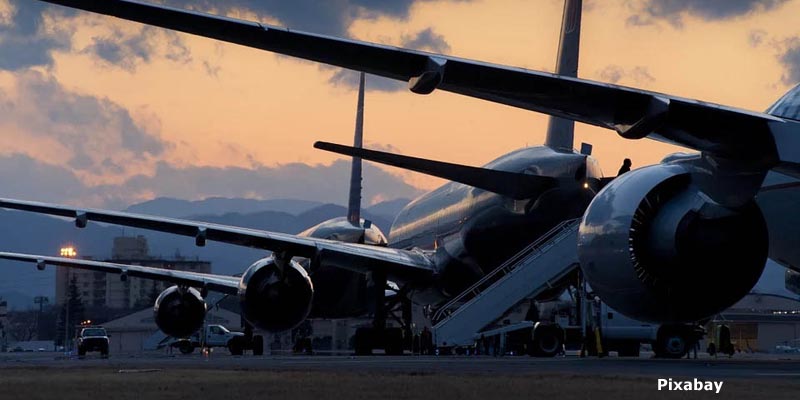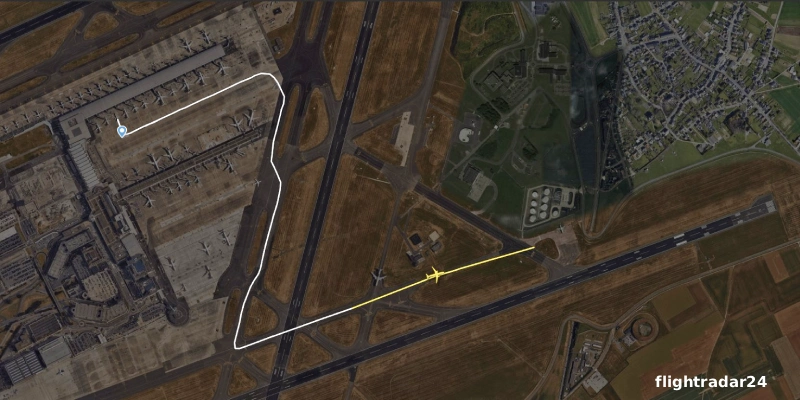President Vladimir Putin signed a law on Tuesday to prevent foreign companies that leased their aircraft to Russia from getting them back.
The move comes after several companies asked Moscow to return the planes they leased as part of sanctions imposed by the West following Russia’s invasion of Ukraine.
→ Russia plans to increase production of Sukhoi Superjet 100.
Some 75% of the aircraft used by Russian airlines are leased, according to official data, for a total of 515 aircraft valued at more than US$10 billion, BBC reported.
The return of this fleet would leave Russia’s airspace virtually empty.
To avoid this, the new law allows foreign jets to register in Russia, in order to “ensure uninterrupted operation of activities in the field of civil aviation.”
The Kremlin’s decision came after Bermuda and Ireland, where almost all foreign-leased aircraft operating in Russia are registered, said they would suspend airworthiness certificates for those aircraft.
→ A 737 MAX heads to Boeing’s China plant.
Russia now seeks to circumvent that measure by bringing registration and safety certification within the country’s borders to continue using foreign aircraft, although it could only do so to fly domestic routes or to some of its allied countries.
A law with serious implications
To comply with the sanctions, the leasing companies are trying to get the planes back. But that seems highly unlikely, according to BBC business correspondent Theo Legget’s Analysis.
If Russia holds on to these planes, they will only be able to continue flying within the country and in a handful of former Soviet republics.
But it is one thing to steal aircraft and quite another to keep them in operation for an extended period of time.
Airbus and Boeing cannot supply them with spare parts, so when something needs to be replaced, it must be taken from another aircraft or manufactured by a third party.
That has serious safety implications.
It will also make it virtually impossible to secure those aircraft outside Russia.
Servicing is also a concern: many aircraft are moved elsewhere for maintenance.
And when the crisis is over, Russia will have to pay a huge bill.
If the planes are not properly maintained, their value will plummet. Then, even if the lessors get them back, they will demand compensation.
Aviation is an international business and rules must be respected.
Russia might decide to thumb its nose at the rest of the world now. But someday it will want to rejoin the club, and the terms then could be very tough.
Related Topics
Heathrow Breaks Historical Record in January with 6.5 Million Passengers, Reigniting Urgent Expansion Debate
American Airlines Doubles Down on Chicago: New 10,000 Square Feet Admirals Club to Open
Serious Incident in Brussels: SAS Airbus A320neo Erroneously Initiates Takeoff Roll on Taxiway
Air India Inaugurates its First Maharaja Lounge at New Delhi Airport

Plataforma Informativa de Aviación Comercial con 13 años de trayectoria.




